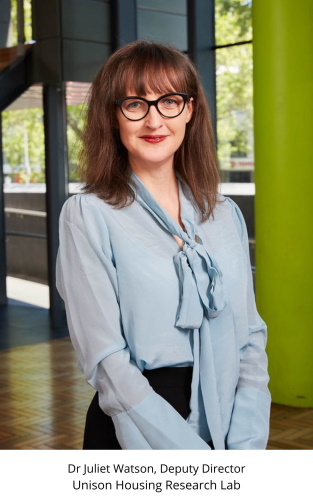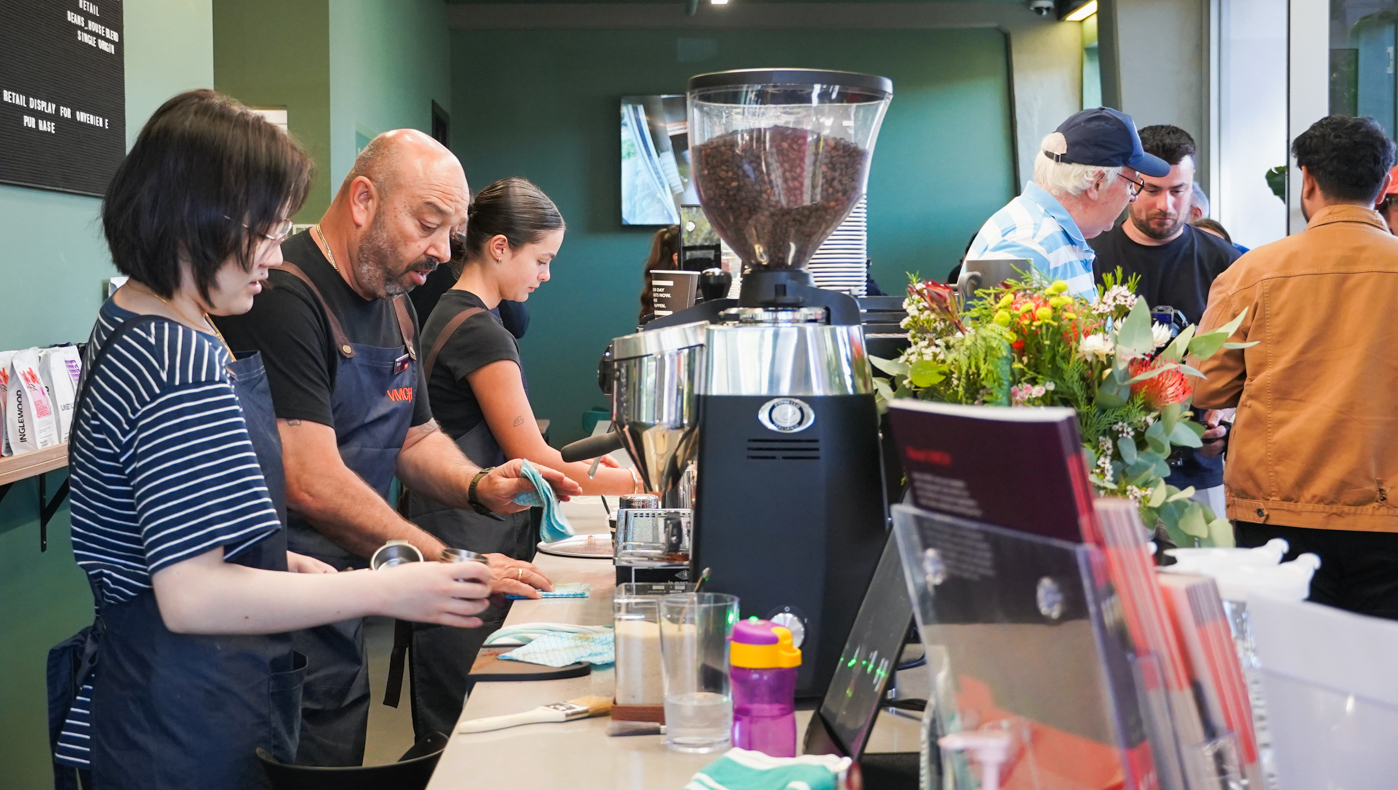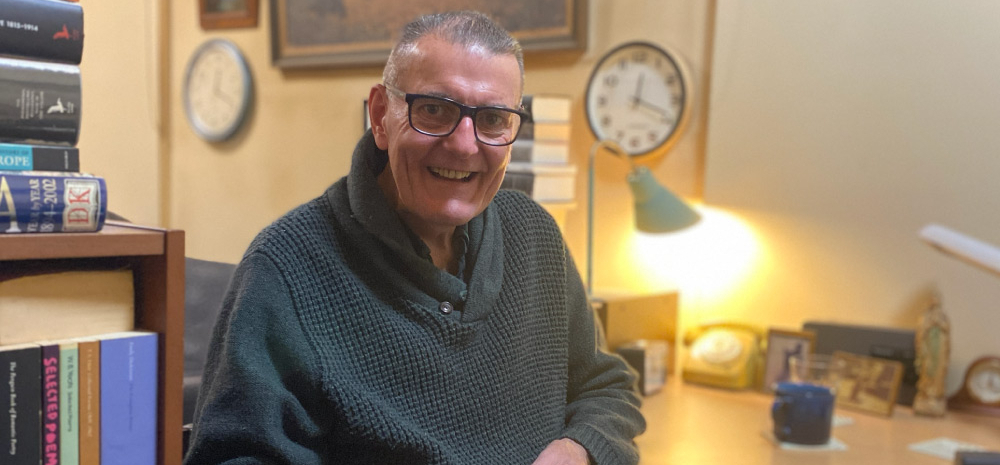Industry partnership delivers real world training in homelessness

RMIT students are gaining a unique perspective through the first homelessness and housing course developed in collaboration with industry.
Course coordinator and Deputy Director of the Unison Housing Research Lab at RMIT Dr Juliet Watson said the course – currently running for the fourth time – covered homelessness from policy, practice and research perspectives.
“We break down myths about homelessness,” she said.
“We look at how homelessness is defined, the variety of ways people become homeless or are at risk of becoming homeless and the experiences of different groups.
“Homelessness and housing affect every other area of your life – your employment, your relationships, your family life, your economic status.
“Anyone working in the fields of social work, youth work and psychology needs to have an understanding of this.”
The Lab is a unique partnership that combines academic research and industry knowledge to support a research agenda focused on improving the lives of Australians facing housing issues.
Unison Director of Housing and Homelessness Sue Grigg said the partnership provided critical, evidence-based research.
“Sharing this knowledge is essential to inform practices and service delivery across the sector, as well as government policy,” she said.
“With this course, we are providing the next generation of social workers with a unique opportunity to have direct access to real life, data-based research and sector experts.”
The course is being run online as an elective, with the bulk of students coming from the social work and human services cluster.
Watson said the practical aspects of the course were always popular with students.
“We really draw on the expertise of Unison as our industry partner and other non-government organisations and advocacy groups to shape the course,” she said.
“A key aspect is visiting services and having a speaker from the Council to Homeless Persons’ Peer Education Support Program where people who have experienced homelessness have the opportunity to improve the service system by sharing their experiences.
“I was worried about having the same access to external speakers due to having to move the course online because of COVID-19, but all our industry stakeholders continue to be incredibly generous with their time and expertise. I believe this is because they really value what the course is teaching.”
Bachelor of Social Work (Honours) student Holly Byrden said she had enjoyed her first summer subject.
“The highlight has been different speakers pretty much every session,” she said.
“We just had someone talk about her own experiences of homelessness, which I really enjoyed, and also visited an agency just before lockdown.
“We talked to the assistant manager and learnt how the workplace is run and what it’s like to work there.
“I’m not 100% sure what kind of work I want to do, but homelessness is something I’m interested in.
“Studying social work, I feel like I’ve found my niche and I’m around like-minded people. I want to work in a job where I can help people.”
This article was originally published on RMIT’s website



